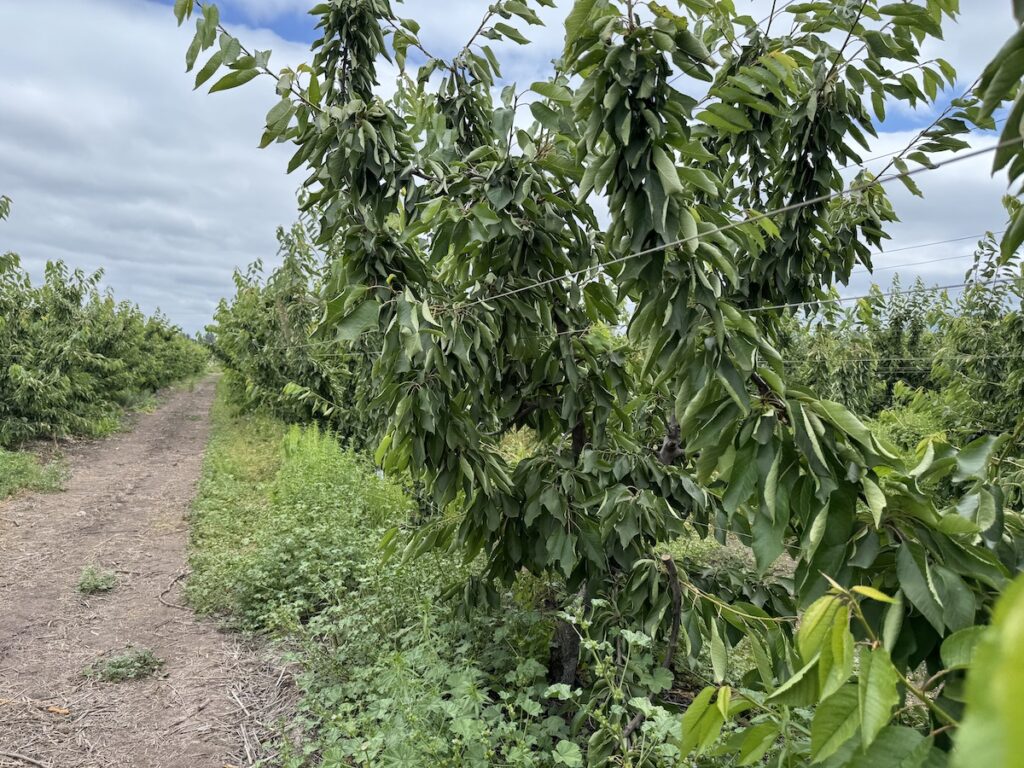In general, what we see is a rather distant relationship between farmers and accountants. The latter often relate directly to field administrators, in some cases they appear once a month and today, with the advances in technology, they don't even come to the office, but rather review everything remotely.
Although the main focus of a producer is to produce fruit in high volumes and of excellent quality, in order to have a sustainable business, they often forget that they are also entrepreneurs and accounting is an area that deserves time, attention, rigor and certain decisions. We have seen in our years how bad accounting decisions can lead to cumbersome procedures, bad times, poor tax planning and the dreaded fines.
It would be rather arrogant of us to try to explain the details of how to keep good accounting in a column. Otherwise, we want to make it clear that the role of accountants in companies is very important. We will only try to give a list of tips that every agricultural entrepreneur should review:
1)Periodic Meetings with the Accountant:
- How many? Ideally quarterly, minimum 2 per year.
- When? March-June-September-December.
- Objectives? During these meetings, accumulated expenses should be reviewed, accounts should be reviewed, possible errors should be corrected, income should be projected, annual results should be projected, the balance sheet should be discussed line by line and possible tax or financial decisions should be discussed. In the case of family businesses, this is also the time to review personal income.
- Who participates? Owners (yes or yes), managers, administrators.
2)What is balance?
Simply put, the balance sheet is a snapshot of the company's situation at a certain point in the year. In the case of the Income Tax Return, the Balance Sheet is made every December 31st. The balance sheet explains what assets you have and what part of those assets are your own (equity) or are debt (liabilities).
There are two formats of balance sheets, the 8-column balance sheet and the classified one. The first is more detailed, but much more difficult to read, and the classified one is more user-friendly to read. We suggest learning to read both.


The balance sheet is made up of Accounting Accounts, where the details of each Asset, Liability, Equity, Expense and Income of the company are found, depending on the accountant this balance sheet will have more or less
less detail. What we suggest is to go through line by line and ask the accountant for details on each one. Chances are that if you have never done this, this will take some time and you will also realize that many accounts do not exist.
3) Which accounting accounts should be reviewed closely?
- Box
- Stock
- Related Companies
- Clients and Client Advances
- Suppliers and Supplier Advances
- National Sales
- Funds to be Rendered
During a first review, ask for details and discuss each of these. You may notice that several of these accounts have accumulated errors.
4) Why is it important to get involved in accounting decisions?
It is important to understand that every time we submit a balance sheet and declare our income tax return to the IRS, although it is the accountant who prepares it, the taxpayer is ultimately responsible. In fact, every balance sheet should have the following at the bottom:
“According to Article 100 of the Tax Code, the company is responsible for the accuracy of the information provided to accountants for the preparation of accounting entries and the balance sheet.”
In addition, by having a good understanding of the logic of the balance sheet, the entrepreneur can provide important information to the accountant, which will eventually allow him to have better tax planning.







